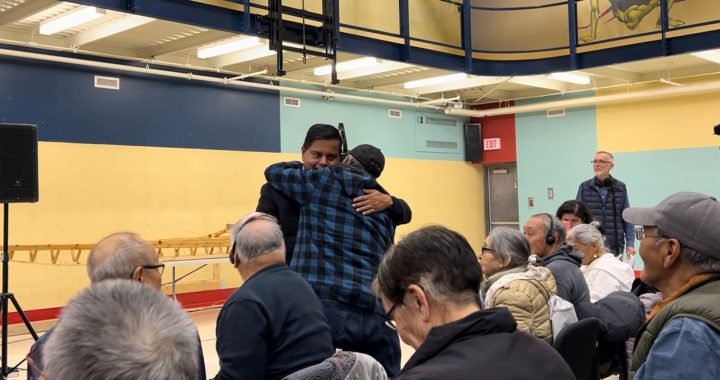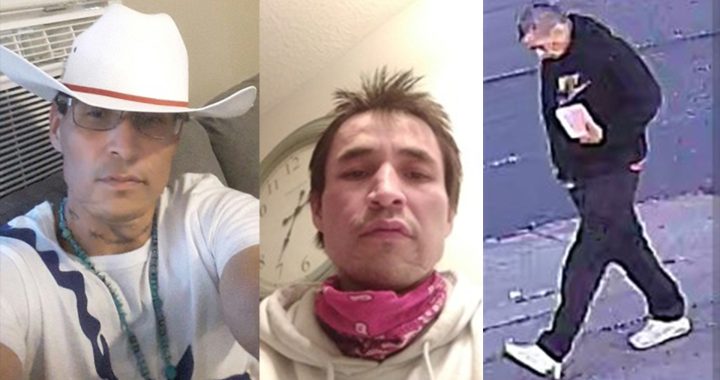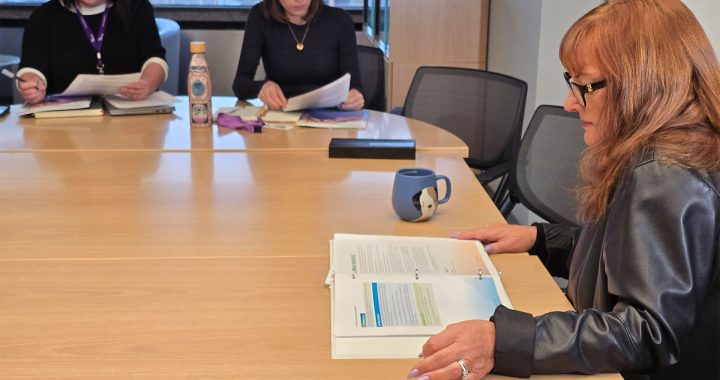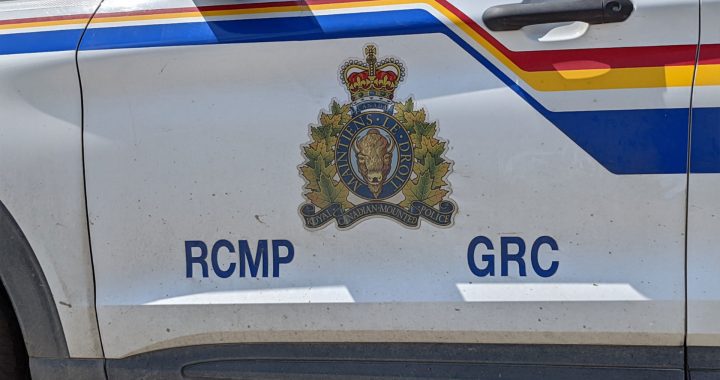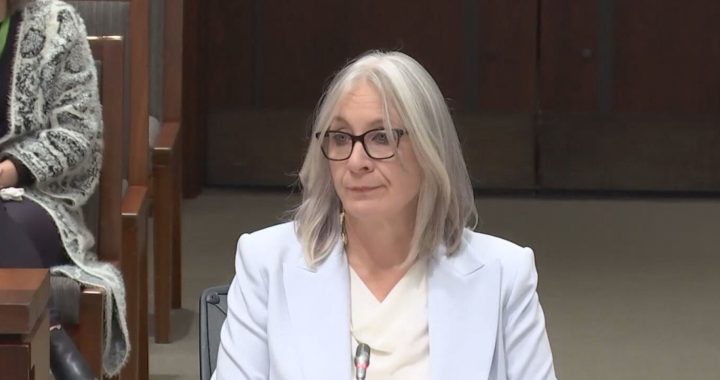Chief Michael Delisle Jr. of the Mohawk Council of Kahnawà:ke (MCK) says the council’s most recent meeting with federal Justice Minister David Lametti was “frustrating, to say in a word, but also, I’ll say, disappointing.”
“Don’t say reconciliation, don’t say implementation of UNDRIP, don’t say all of these truth and reconciliation strength and authorities and all of these things without real recognition, and the only way to get there is dialogue with the people that it affects on a daily basis,” said Delisle Jr. of his January meeting with Lametti.
These files include their online gaming industry, the uneven implementation of UNDRIP and fighting controversial Quebec Bills 21 and 96.
“Expectations for Canada to intervene on several files is what our ask is, and we’ve received no movement or momentum on any of the files that we’re engaged with,” said Delisle Jr.
Despite the Liberal’s promises of reconciliation, Delisle Jr. said that the government still doesn’t seem to be listening.
Kahnawà:ke is home to an internationally-renowned online gaming industry and regulator.
“You don’t ask for recognition, you exercise jurisdiction. And we’ve done it successfully to the tune of hundreds of millions over the course of 20+ years. Yet Canada and Ontario have now finally in their opinion found a way to shut us out,” he said.
Lametti had promised the next time the Criminal Code was amended First Nations would finally get legal recognition of their jurisdiction in the code. But when it was amended in 2021, First Nations were left out, leaving the provinces as the sole online gaming regulator.
“We’ve done two presentations to two standing committees previous to the amendment of Criminal Code stating what this will do to us, not only financially but more important jurisdictionally, yet falls on deaf ears,” he said.
MCK’s online gaming site operates across the country. Now, Ontario has created its own provincial online gaming regulator, and is demanding MCK pay taxes and register with the province. MCK is taking Ontario to court to try to maintain its industry there.
“Final numbers aren’t in, but it’s been devastating. I mean, Ontario controls about 50 per cent of the market across Canada. So for us to have to vacate that jurisdiction because of our principles, in saying you won’t recognize our jurisdiction or we’re not going to pay you tax, which is obviously against the grain… in Kahnawà:ke, and now we have no choice but to operate in any of the other provinces other than Ontario,” he said.
Delisle Jr. said other provinces are waiting to see what the outcome of the court case will be and fears they will create their own provincial regulators, effectively shutting MCK’s online gaming industry out of the Canadian market.
“We’re really hanging by a thread here in terms of protecting the jurisdiction and we’re not giving up, thus the fight,” he said.
At this year’s meeting, Delisle Jr. said Lametti didn’t have a plan to assist MCK in their fight for online gaming jurisdiction, despite having provided the government with a clear solution, amend the criminal code.
“If the minister of justice and attorney general of Canada doesn’t see fit to have dialogue or intervene at some point in time on some of these ‘in your face’ issues that are facing us today, how can we have faith in moving forward in the implementation of UNDRIP somewhere in the near future,” said Delisle Jr.
Implementation of UNDRIP, the United Nations Declaration on the Rights of Indigenous Peoples, would include the feds preventing provincial laws from being passed that indigenous peoples object to, said Delisle Jr.
Like Bill 21, which prohibits wearing religious symbols in certain workplaces and Bill 96, which makes Quebec’s French-language laws stricter.
MCK has some hope about federal intervention into these provincial bills. Quebec used the notwithstanding clause to pass both bills which allowed provinces and the feds to pass laws that violate certain sections of Canada’s human rights charter.
Canada plans on taking Bill 21 to the Supreme Court, and possibly Bill 96 if Bill 21 is challenged successfully, but Delisle Jr. said it’s almost too little too late
“They’re waiting to see implementation and what that means, but I mean the writing’s on the wall in the bill itself, never mind the notwithstanding clause,” he said.
“But all of the I think 23 or 26 impositions on human rights, never mind Indigenous rights in this province are blatant, clear, black and white. why aren’t they doing something before it’s implemented is the question.”
Ultimately, Delisle Jr. says the feds need to meaningfully engage with communities.
“What are our expectations? Listen. We’re telling you what needs to be done if you’re looking to change the relationship between the honour of the Crown and Indigenous peoples in Canada, yet you do the opposite or nothing at all,” he said.
Lametti’s office declined APTN’s request for interview or comment.




